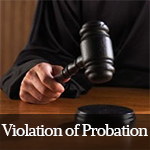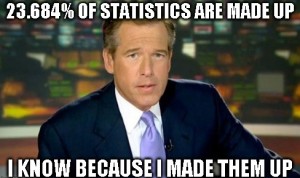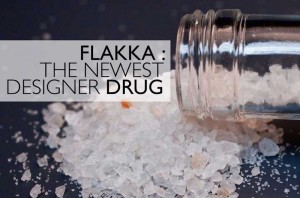Drug Court Works
The Broward County Drug Court Treatment Program is a pretrial intervention program designed to break the cycle of drug addiction which is crippling the criminal justice system. Broward County’s Drug Court program is the second oldest in the State of Florida and the third oldest in the nation. Broward County’s drug court diversion program is divided into felony drug court and misdemeanor drug court. The Broward County Circuit Court handles felony drug court while the County Court handles misdemeanor drug court.
Drug Court is an Alternative to Punishment
Florida Statute 921.002(1)(b) states that the primary purpose of criminal sentencing is to punish the offender and that rehabilitation is secondary to the goal of punishment. While completing drug court is not easy, a defendant who completes either felony or misdemeanor drug court will typically be eligible to have his or her criminal record expunged. Drug court puts rehabilitation first. Accordingly, the concept of drug court appears to be at odds with Florida Statute 921.002(1)(b). Nevertheless, Broward County Drug Court has been in existence for 25 years. There is no current legislative effort to put an end to drug court and, to the best of my knowledge, there never has been any effort to put an end to drug court. The reason why there is no legislative push to end drug court is because it works. Broward County’s Drug Court Treatment Program would have been eliminated long ago if had a high recidivism rate or allowed criminal behavior to continue unchecked. As such, the legislature appears to have turned a blind eye to drug courts across the State of Florida.
Am I Eligible for Drug Court
Different Circuits have different rules. In order to be eligible for Broward County’s Drug Court Treatment Program, you must be over 18, have no prior felony convictions and be charged with a second or third degree felony related to a purchase, attempted purchase or possession of a personal quantity of a scheduled controlled substance listed in Florida Statute 893.033. Drug court is designed to assist individuals with drug problems not drug dealers. Accordingly, any allegation of an intent to sell or deliver to another individual is typically disqualifying.
How do I get Drug Court
Individuals are screened for the drug court program beginning at the time of arrest. A case is typically assigned to drug court by the intake attorney at the Office of the State Attorney. If, for some reason, you qualify, but are not placed in drug court, your attorney can file a motion to transfer your case to drug court
Advantages of Drug Court
A conviction for possession of any type of illegal drug can have devastating consequences on an individuals future. In the Broward County Drug Court Treatment Program, a defendant only waives his or her right to a speedy trial. A defendant may be eligible to seal or expunge his or her criminal record upon successful completion of drug court.





